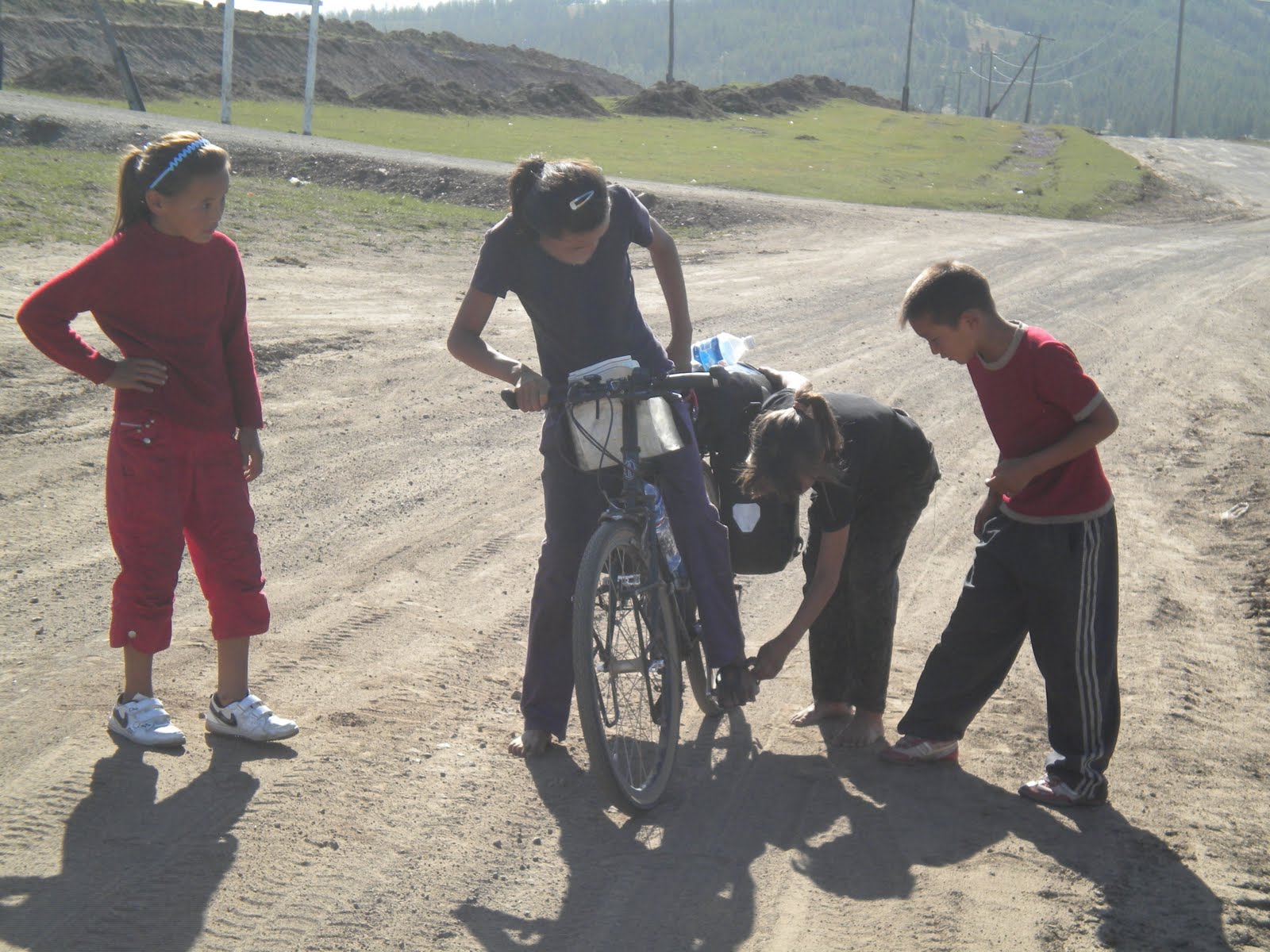Here I am in the southern hemisphere for the first time, where the kindness of the people is familiar. A similar familiarity to growing up in the small town of Cobourg, Ontario, Canada, population 13,000 on Lake Ontario. Back in the day when neighbors borrowed eggs and the kids played in the street until the street lights came on. The simple safety of it all is still lived daily by the Maori people in Hicks Bay, North Island, New Zealand. The folks here invite strangers in for tea and a bed to sleep in. With a strong belief in family secular and extended, they take care of each other and the strangers they meet along the way.
The Henare and Joyce Akuhaia-Brown Maori family invited me in for tea this afternoon. They introduced themselves and their home. Joyce told me she had named their home Shalom which means peace in Hebrew because she felt it was a beautiful word that said so much. They laughed when they told me that the origin of the addition of the word Brown to their name was unknown. This was only the beginning of how much they were to teach me about the Maori culture.
The land along the pacific east coast of the north island, NZ is Maori owned and cultivated. Family trusts own large acreages of land that stretch for miles upon miles. The Akuhaia-Brown clan has a long standing history of attracting strays like me. Although, I was the first women travelling alone on a bicycle they have ever had in for tea. Other new comers, tourists and strays have stumbled upon them and stayed for days, a few stayed for years. People stay as long as they need to or want to and the lessons and knowledge exchanged are always welcomed as a gift of spirit.
The deeply spiritual Maori clan has been living by this patch of sea since the start of the known history of New Zealand. Henare laughed that some history books claim that the explorer Captain James Cook is said to have discovered NZ because the Maori people were already living here. New Zealand translated literally from the Maori language means land beneath the clouds. That is how it is believed that NZ was discovered to begin with. It is said by most boaters that a cloud always hangs over NZ which is a great beacon to those looking for land from sea.
Joyce traces back the Maori language to perhaps a linguistic similarity to the Polynesian languages of Hawaii. Kia Ora is a great Maori word which means Hello/Good Luck/Good Health all at the same time. As we sat together at a round table drinking tea many different cousins and aunties came to join us, sharing a little bit more of their Maori ancestry. Many stories were told about living from the plentiful sea and about positive choices made throughout the years.
The Maori people have faced many of the same challenges of the indigenous people throughout the globe. Land and culture has been taken away by the predominant government only to be renegotiated and maybe given back at a later date. The Maori people have assimilated courageously and with great grace holding on to a rich strong history while moving forward into a healthy modern existence. The Maori language is taught in schools and the Maori people have a loud voice in government. Maori culture and language are woven within the mainstream. Town names, road signs and architecture influences are found throughout New Zealand. I sat drinking my tea immersed in the amount of knowledge, wisdom and beautiful passion the group possessed about their heritage and life by the sea.
After tea, I was invited to spend the night, they said the southerlies were going to blow and to stay inside their house and not outside in my tent. I was trying to politely decline the generous offer but I knew that Henare and Joyce had the instinctual inside scoop you might say on the weather. Within the hour, the southerly winds kicked up and if that little tent of mine had been outside it would have definitely been blown out to sea.
The wind was blowing with such velocity that entire trees were swooping over as if they were tiny blades of grass. The noise of the storm against the house made sleeping a bit of a challenge. I eventually drifted off full of gratitude to the Akuhaia-Brown clan for bringing me in and sharing so much of their Maori culture and home with me. I was sad to leave the next morning although this passed as I turned my bicycle down a sharp turn in the hilly ocean road on the way to Saint Mary’s, the Maori church in Tikitiki.





